Lecturer of the Faculty of Social and Political Sciences (FISIP) Universitas Diponegoro (Undip), Prof. Dr. Drs. Ngatno, M.M. was officially inaugurated as Undip Professor on Wednesday (28/9). Located in the Prof Soedarto, SH building Undip Tembalang campus, Prof Ngatno explained his scientific writing entitled “Marketing Orientation Model Towards Digitalization of MSME Marketing in Indonesia”.
For the impact of the pandemic was quite significant on the decline in the turnover of MSMEs in Indonesia, Prof. Ngatno researched the implementation of marketing orientation on MSMEs using various approaches and research objects, as well as their impact on MSME performance (either in exports, employment, or in their contribution to GDP).
Based on data from the Ministry of Cooperatives and Small and Medium Enterprises (Kemenkop UKM) in 2021, the number of MSMEs in Indonesia had reached 64.2 million, which contributed to Gross Domestic Product (GDP) of 61.07% and contributed to employment reaching 97 % of the total national labour absorption. However, when the Covid-19 pandemic swept across the world, 50% of MSMEs in Indonesia closed their businesses, 88% of MSMEs ran out of funds, and 60% of MSMEs reduced their workforce.
Thus, it was necessary to have an influential marketing orientation to revive the performance of MSMEs in Indonesia. Marketing orientation was a measure of behaviour and activity that reflected the implementation of the marketing concept. While the marketing concept stated that achieving the purpose of the exchange was determined by efficiency through a thorough understanding of the needs and desires of consumers. Marketing orientation emerged in the 1990s, and in early 2005 entering the era of replication. The concept of marketing orientation had been updated by adding a proactive marketing orientation dimension to complement the existing marketing orientation concept.
Then in the 2010s, we entered the digital era. The concept of digital marketing resulted in a digital marketing orientation that combined two aspects of a philosophical dimension, namely an emphasis on digital marketing and a behavioural dimension which was an activity that led to involvement in digital marketing. A digital marketing orientation had become a new paradigm in the field of marketing studies, whose implementation had an important role in improving the performance of MSMEs.
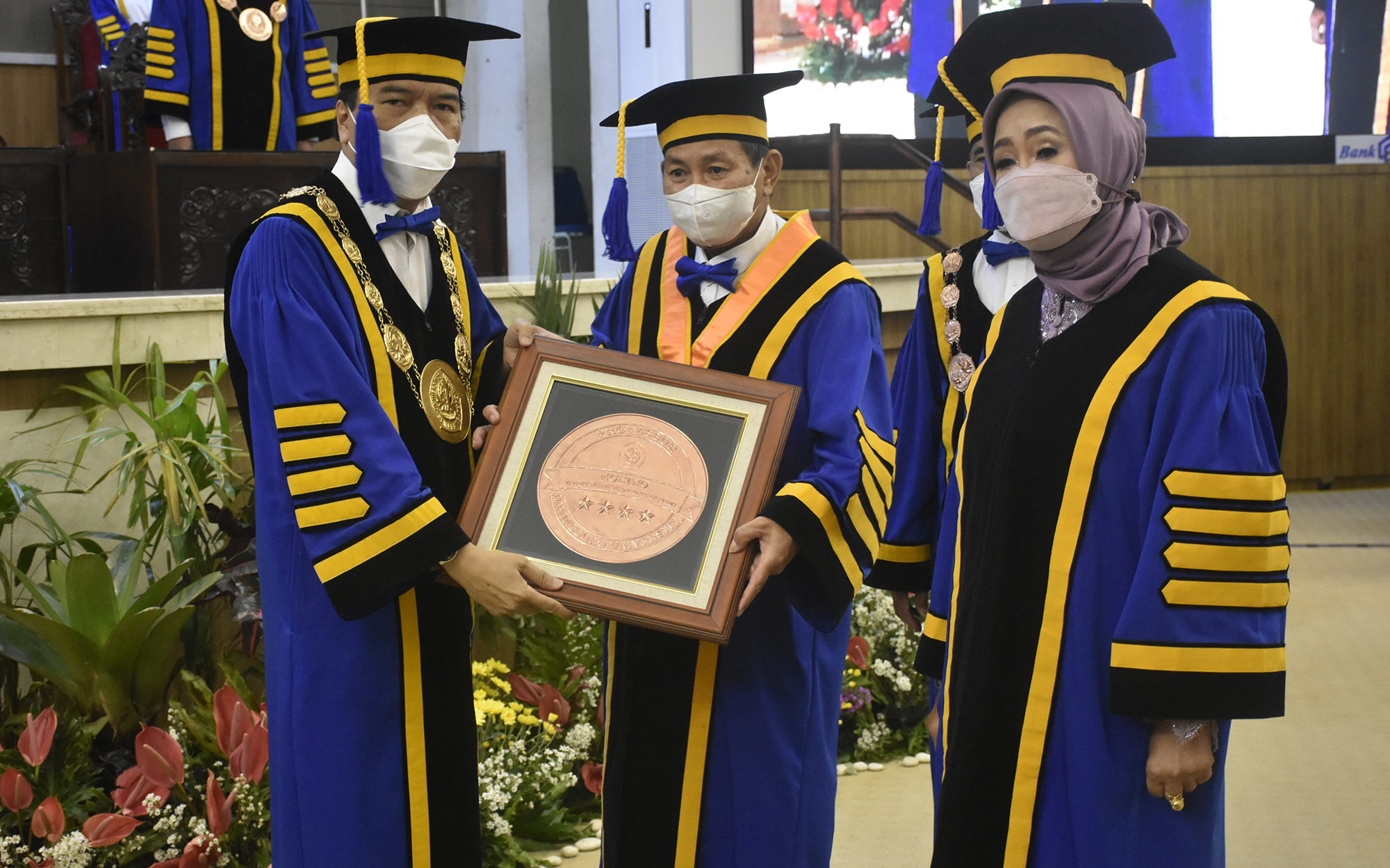
The lecturer who once served as Vice Dean 2 of FISIP Undip for the 2015-2019 period explained four marketing orientation models. The first model showed that marketing orientation could increase sales turnover, either directly or indirectly through competitive advantage. In the second model, responsive marketing orientation was able to improve MSME performance through incremental innovation. In contrast to a responsive marketing orientation, a proactive marketing orientation improved performance through radical innovation. Then the third model showed that the relationship between marketing orientation would be stronger if the level of competition was relatively low and the size of the company was larger.
“Finally we offer a fourth model, where digital marketing orientation can be measured from management beliefs, initiation, and implementation activities. Some of the antecedent factors include the perception of complexity, the perception of convenience, the perception of suitability and as a consequence is marketing performance,” said Prof. Ngatno.
Furthermore, it could be concluded that the level of marketing orientation with dimensions of responsive marketing orientation, proactive marketing orientation, and digital marketing orientation could improve MSME performance. A high level of marketing orientation would encourage innovation and competitive advantage which in turn could improve the performance of MSMEs. With the increasing performance of MSMEs, it was hoped that the contribution of MSMEs to the state in employment, contribution to GDP and their role in the export sector could be greater.
Therefore, Prof. Ngatno advised MSME actors in Indonesia to continue to innovate and improve their competitive advantage, so that the performance of their MSMEs would be more productive and profitable. “For the first MSME players, keep improving your marketing orientation by digging up information on customer needs now and in the future. Then, keep reviewing the activities of competitors and observe the possibility of new competitors,” said the lecturer who had received the 20 Years Satya Lencana Karya Sapta award from the President of the Republic of Indonesia. (Titis – Public Relations)
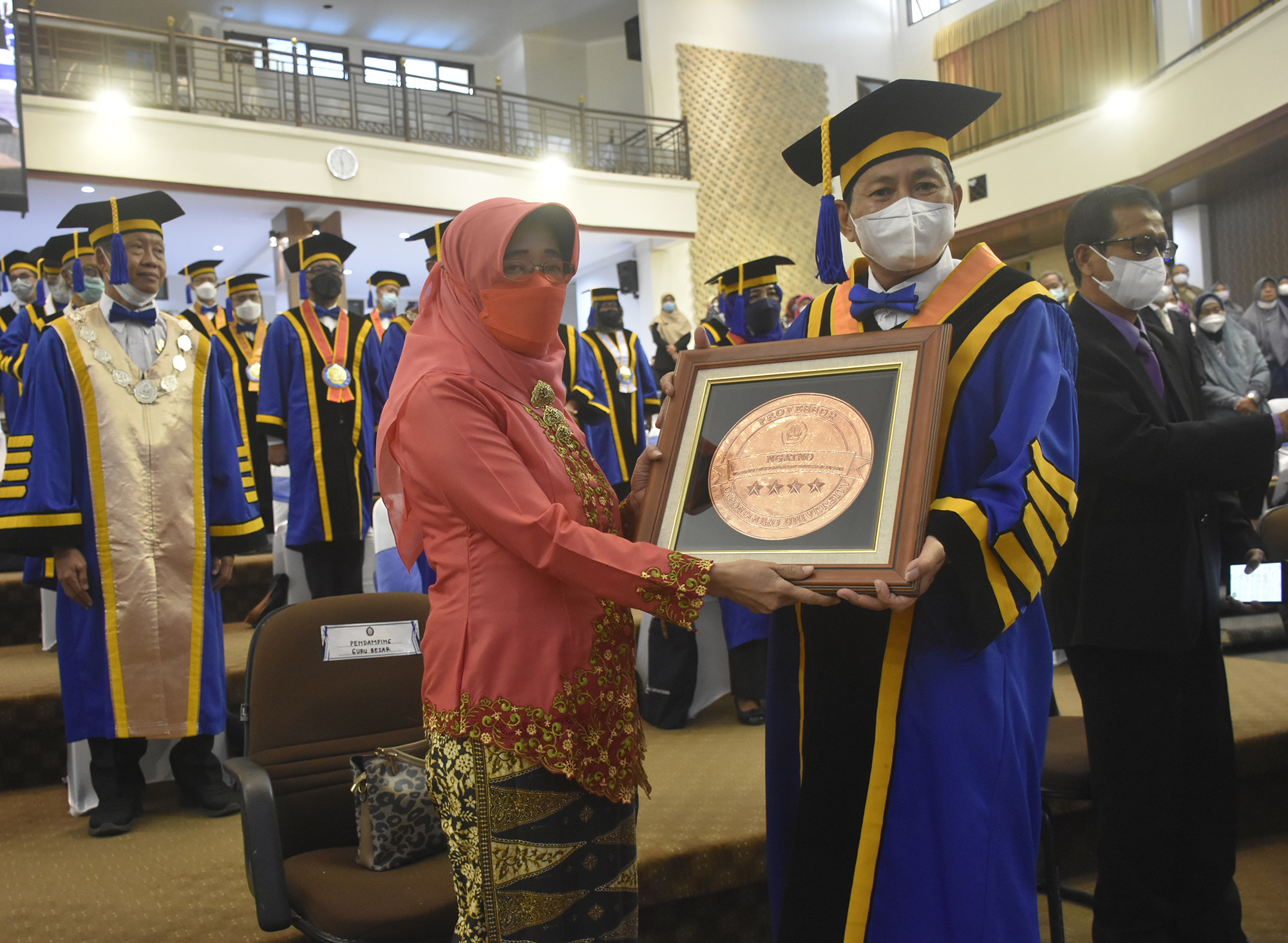
Source: undip.ac.id


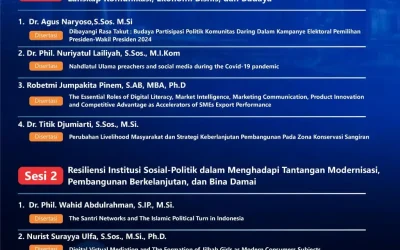
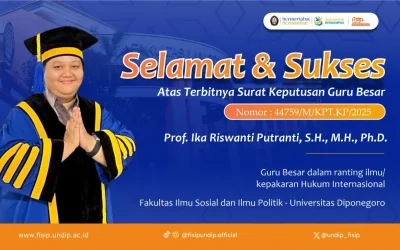
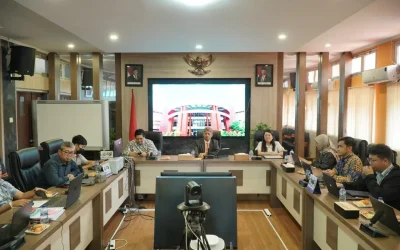
0 Comments